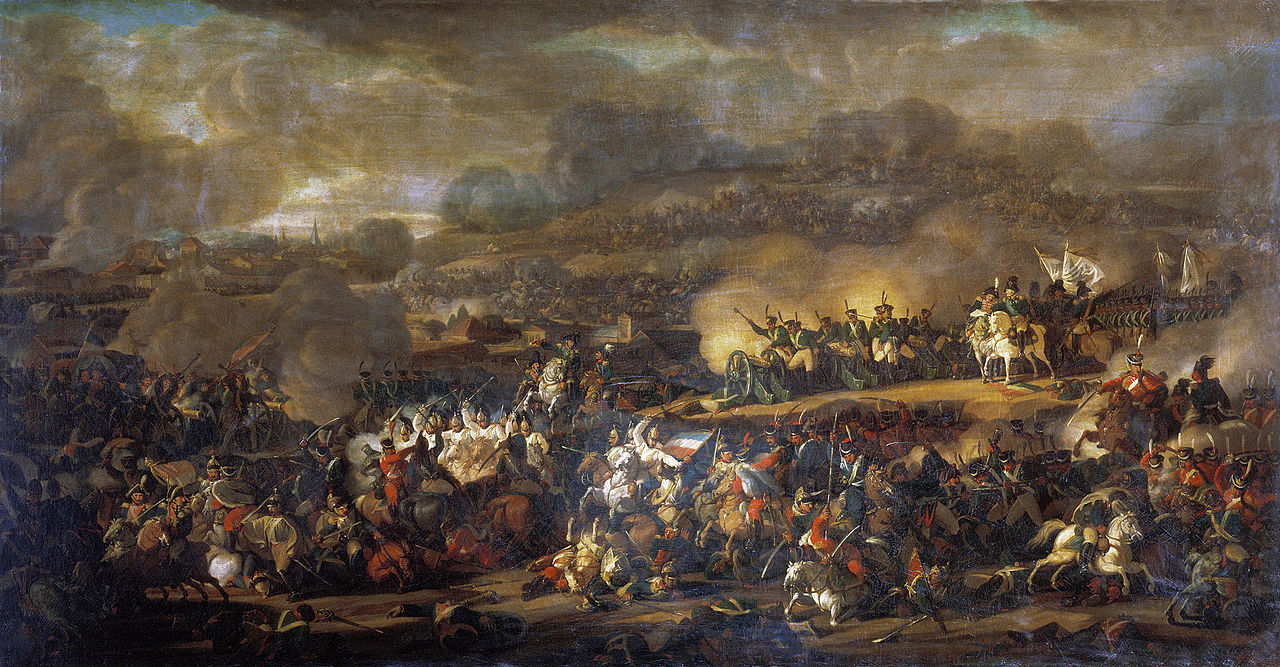The Battle of Leipzig, also known as the Battle of Nations, was one of the most significant battles in history and the largest in Europe until the First World War. It was a decisive battle in the Napoleonic Wars, which involved five armies and nearly half a million men. The Battle of Leipzig, which occurred between October 16 and October 19, 1813, marked the significant defeat of Napoleon. Thus, destroying whatever was left of the French power in Germany and Poland.
Furthermore, the Battle of Nations was fought outside the city of Leipzig in Saxony, by an army of 185,000 French, Saxon, and other allied German troops under Napoleon’s command, against a force of 350,000 troops from Prussia, Austria, Sweden, and Russia, under the overall control of Schwarzenberg. The battle progressed when Napoleon seized Leipzig’s position, aiming to divide his opponents and attack them. On the first day of the fight, the French almost had a chance to win when the Prussian Army engaged, whereas the Army from the North, a Russo-Prusso-Swedish force under Bernadotte, hung back. However, Napoleon ended up the victim of his recurrent changes of operational focus in this war.
In addition, on the second day of the Battle of Leipzig, Napoleon spent most of the day redeploying his troops while allied strength was massively building up as his Saxon troops deserted him. Thus, on the final day of the battle, allied numbers and combat power multiplied, proving difficult for Napoleon and his troops to handle.
When Russian and Swedish troops arrived, the battle raged for nine hours until midnight, when Napoleon ordered a retreat. The retreat began in an orderly fashion until the early afternoon of October 19, 1813. Likewise, the Battle of Leipzig was the first occurrence in which Napoleon was defeated in the field. Also, the French Grande Armee persisted on its westward retreat while more and more German princes deserted Napoleon, who then abdicated in 1814.

